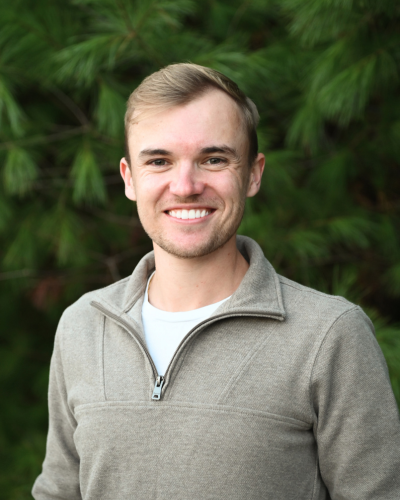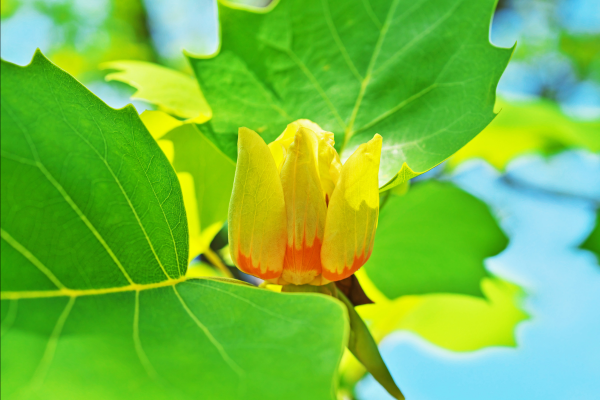
1. What inspired you to join the LEAF Board of Directors?
I’ve admired the work that LEAF does for a number of years from afar, but having recently moved to Toronto, I’m excited to get involved in grassroots efforts to nurture our urban forest. I’ve had the opportunity to learn from LEAF staff in the past and am looking forward to learning more from other Board members, volunteers and the broader community.
I’ve recently started the Master of Forest Conservation program at the University of Toronto and am excited to see how real-life examples from the work LEAF does will align with my studies. I’m keen to share things I learn in this program with the LEAF community to further grow programs, inform policy and ultimately engage communities in nurturing the urban forest, as is LEAF’s mission.

2. What experience do you bring to this role?
I’ve spent the last four years working with Reep Green Solutions, an environmental non -profit based in the Waterloo Region that is analogous to LEAF. I was hired on at Reep to lead their Backyard Tree Planting program, which was adopted from LEAF. During this period, I learned an incredible amount about how urban trees grow and how to best steward them. I also learned about the intricacies of working within the non-profit sector and how to engage with community and partnering stakeholders.
I’ve also spent time volunteering to complete yard maintenance work for seniors who could use assistance. I view this work as replicating the reciprocity that I see demonstrated in nature on a daily basis. I fully believe that a community thrives when individuals use their skills to support each other and am grateful for this new opportunity to put my skills to use on LEAF’s Board.

3. What do you see as some of the most pressing issues facing urban forests?
Through previous work and academic experience, I’ve noticed that the urban forest is susceptible to the spread of two things: invasive species and misinformation. Both these threats can greatly impact the health of the urban forest, albeit in different ways. Invasive species are hard to control and can alter the effectiveness of an ecosystem with astonishing speed, as has been seen most recently across southern Ontario with emerald ash borers. In contrast, misinformation can spread slowly and permeate deep into the practice of tree care to the point where it can be hard to correct the public’s understanding.

4. How do you see LEAF currently, or potentially, addressing some of these issues?
LEAF is poised to address both the issues I discussed, as environmental outreach and education is a core component of LEAF’s mandate. LEAF’s programs are designed to inform participants every step of the way, ensuring that they understand why certain practices are implemented/avoided. The efforts put into education create a positive feedback loop that directly limit the spread of both invasive species and misinformation. Whether it be informing a homeowner about proper mulching techniques or teaching a Young Urban Forest Leader about buckthorn, LEAF is facing these challenges head on to ensure everyone benefits from a healthy urban forest.
We are thrilled to have Aaron bring his passion, experience and leadership to the LEAF Board! His dedication to environmental justice and urban forest conservation will help shape our work and strengthen our impact in the years ahead.
Janey McKay is the Executive Director at LEAF.
Aaron is an Urban Forest Champion - someone who has made a positive impact on our urban forest through their professional, volunteer or personal efforts.
Read more our Urban Forest Champion blog series here.
